
Scientists Achieve Breakthrough in Reversing Human Skin Cell Aging by 30 Years: A New Era for Anti-Aging and Regenerative Medicine
Scientists Achieve Breakthrough in Reversing Human Skin Cell Aging by 30 Years: A New Era for Anti-Aging and Regenerative Medicine
In a groundbreaking scientific advancement, researchers have unveiled a method capable of reversing aging in human skin cells by as much as 30 years within just a few days. This discovery is generating tremendous excitement across the fields of dermatology, skincare innovation, and regenerative medicine, as it provides the strongest evidence to date that biological age reversal at the cellular level is truly possible.

Reprogramming Skin Cells Back to a Youthful State
The research team used advanced cellular reprogramming techniques—methods inspired by the Nobel Prize–winning work on induced pluripotent stem cells (iPSCs). By partially resetting the epigenetic markers of skin cells, scientists successfully returned aged cells to a significantly younger state without causing them to lose their identity or function.
This rapid rejuvenation process:
-
Repairs DNA damage accumulated over time
-
Improves mitochondrial performance and cellular energy levels
-
Restores youthful gene expression patterns
-
Resets the biological clock of cells by decades
According to the study, the reprogrammed cells behaved like those of someone 30 years younger, showing enhanced ability to divide, regenerate, and function effectively.
A Major Leap for Anti-Aging and Longevity Science
This discovery holds transformative potential for future anti-aging solutions. Unlike conventional skincare products that only address surface-level symptoms, this technique targets the root cause of aging—cellular decline. By rejuvenating cells from within, it could lead to:
-
More effective skin repair therapies
-
Treatment for age-related skin conditions
-
Regenerative solutions for wounds and scars
-
Broader applications in aging-related diseases beyond the skin
This marks a major turning point in longevity research, suggesting that aging may not be an irreversible process after all.
Scientific Community Reacts with Cautious Optimism
While the breakthrough is promising, experts emphasize that this research is still in its early stages. Extensive testing, safety evaluation, and clinical trials are required before human treatments can become a reality. Nevertheless, the findings demonstrate that cellular age reversal is achievable, opening the door to future medical applications once thought impossible.
Credible Scientific Sources Supporting the Field
Although the specific technique is still under development, several reputable institutions have published related research confirming the possibility of cellular rejuvenation:
-
Nature Aging (2022): Study by the Babraham Institute showing partial reprogramming can reverse aging markers in human skin cells.
-
Cell (2016): Research demonstrating successful age reversal in mice through epigenetic reprogramming.
-
Harvard Medical School – Sinclair Lab: Ongoing studies on epigenetic aging and rejuvenation biology.
-
National Institutes of Health (NIH): Publications on DNA repair, cellular senescence, and regenerative medicine.
These sources reinforce the scientific foundation supporting the potential of age reversal therapies in the near future.
News in the same category

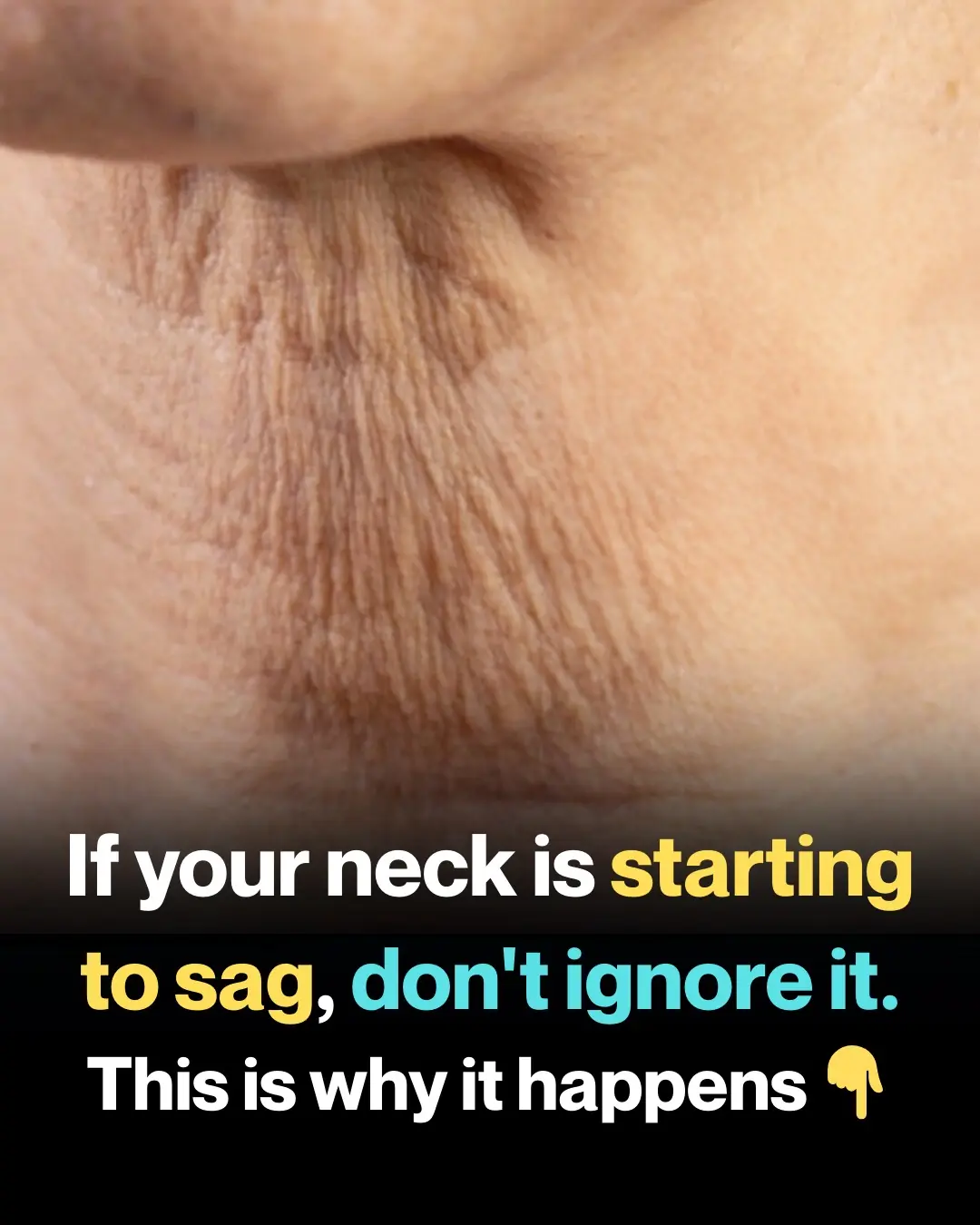
Why Neck Skin Sags as We Age

Doctors Reveal: Eating Cabbage Can Trigger Hidden Health Problems If You’re Not Careful

The Winged Bean Secret: A Simple Vegetable With Big Benefits for Eyes, Immunity, and Heart Health
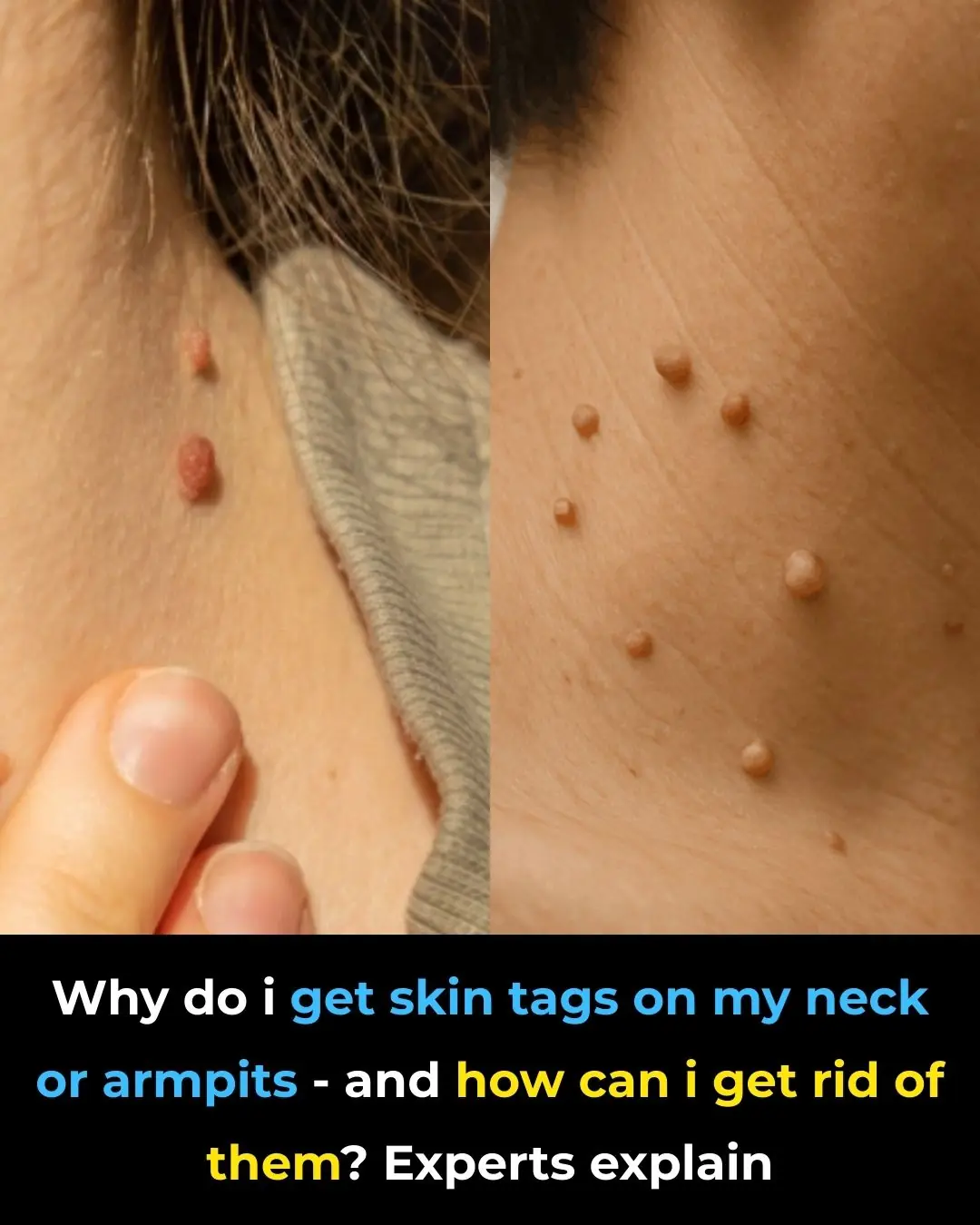
Why Do I Get Skin Tags on My Neck or Armpits—and How Can I Get Rid of Them? Experts Explain

Doctors Reveal What Eating Broccoli Really Causes in the Body
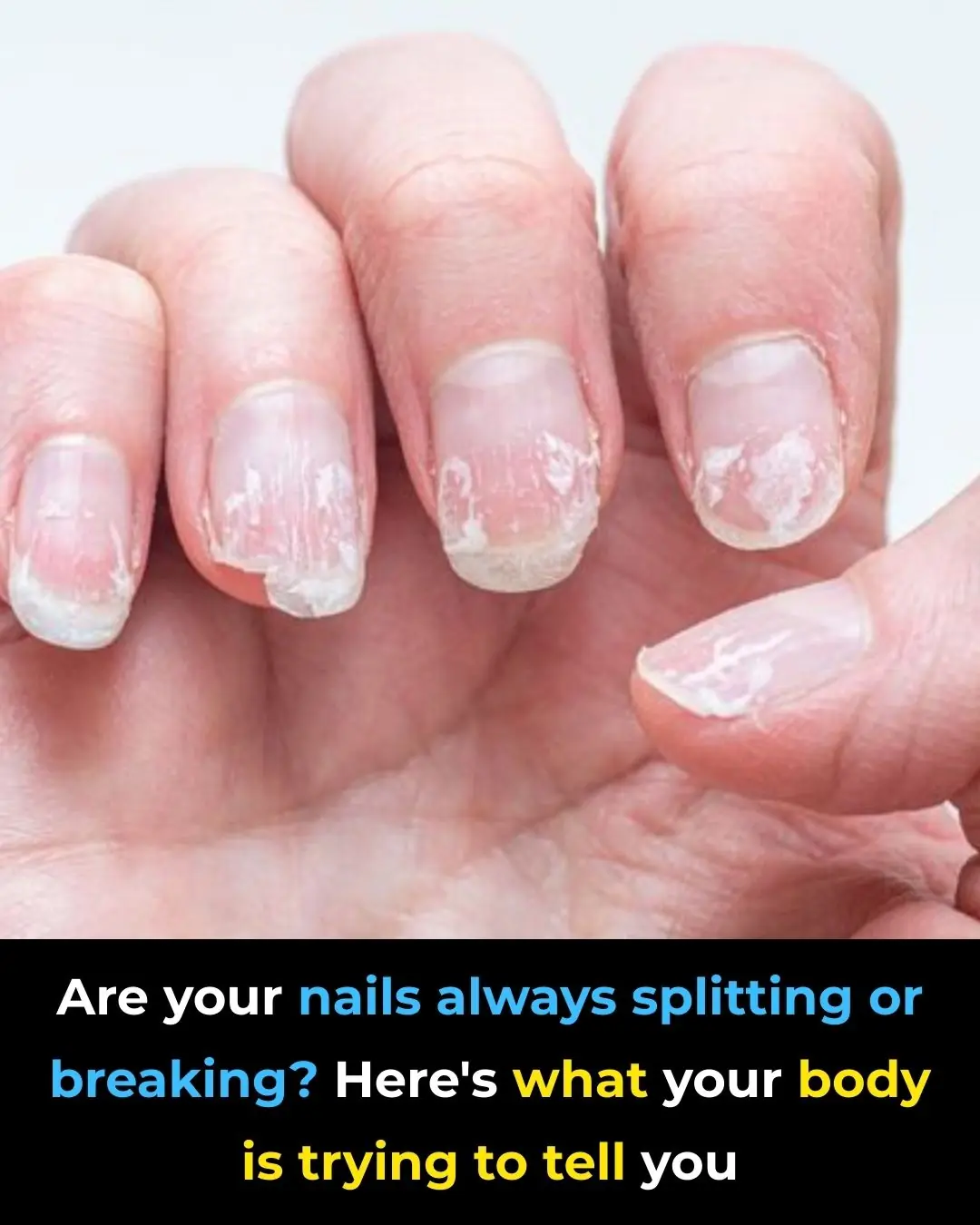
What Weak or Brittle Nails May Be Telling You About Your Health
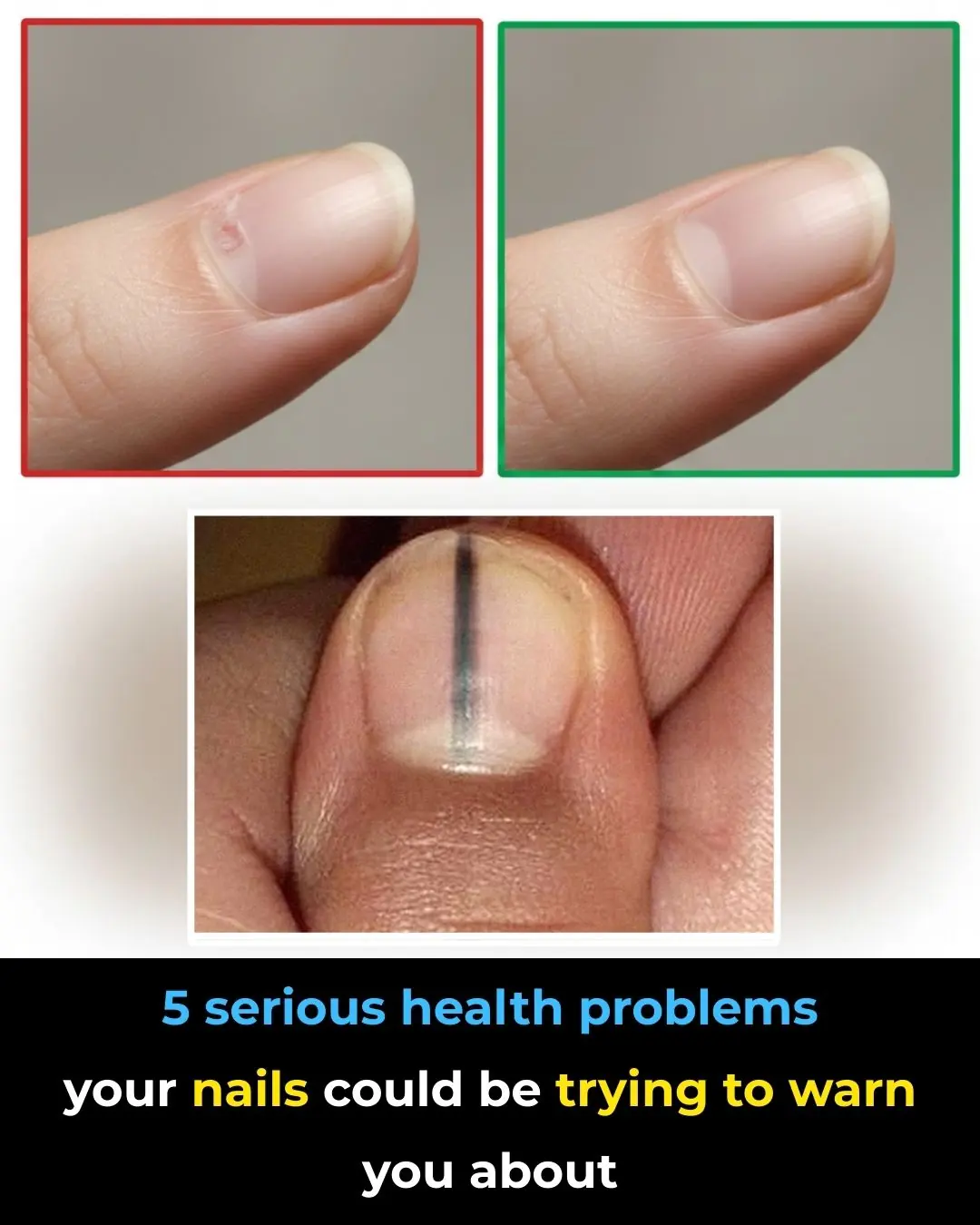
Nail Clues: 5 Health Problems You Shouldn’t Ignore
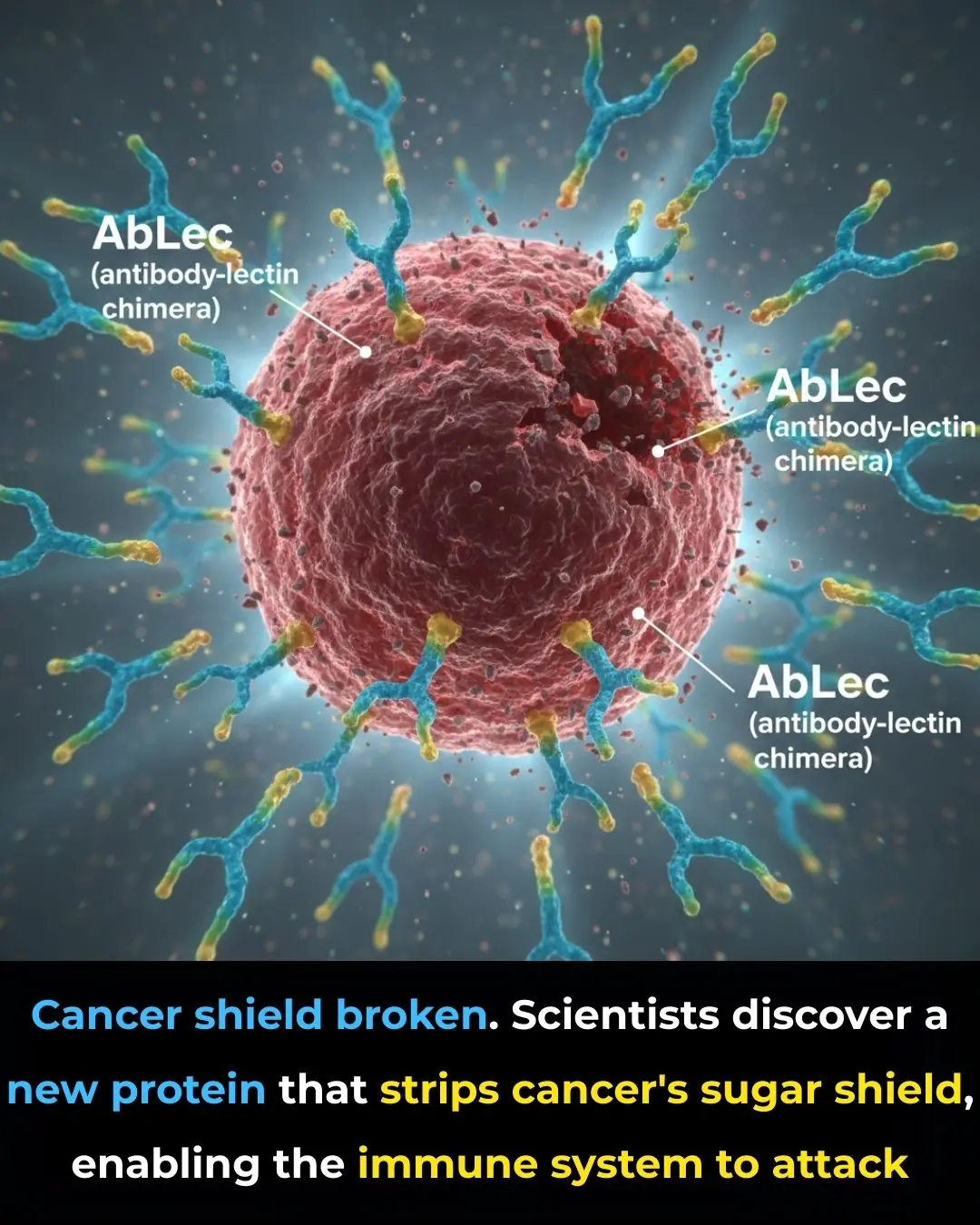
New Protein Breakthrough Unmasks Cancer Cells, Boosting the Power of Immunotherapy

Sugary Soft Drinks, Gut Bacteria, and Depression: How What You Drink May Shape Mental Health
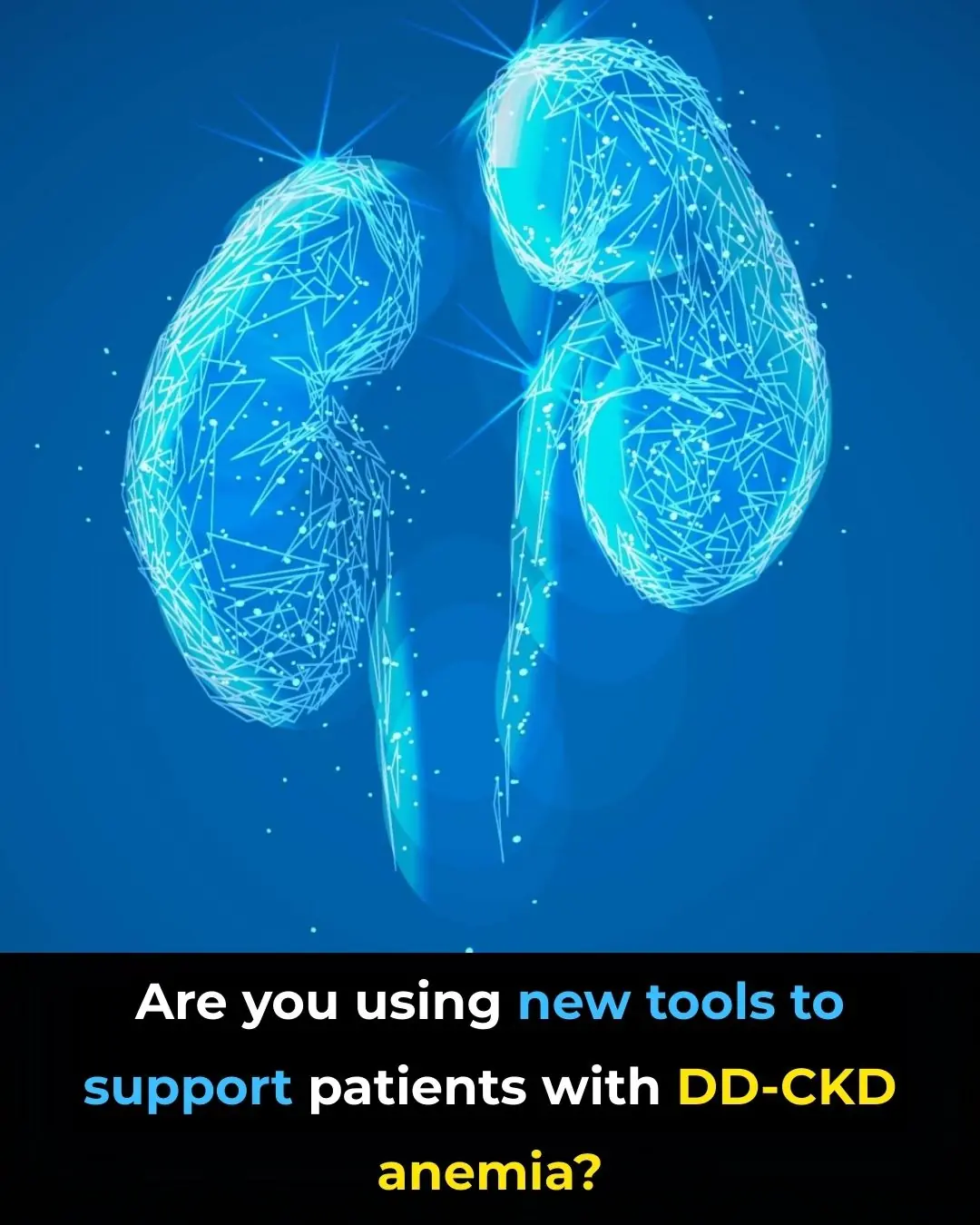
Are You Using New Tools to Support Patients With DD-CKD Anemia?

Drug Shortages in the United States Are Forcing Major Changes in Primary Care Practice

Five Reasons to Eat One Banana a Day: A Simple Habit for Better Health and Longevity

Three Simple Ways to Use White Radish to Reduce Phlegm, Relieve Cough, and Support Lung Health

A Couple Diagnosed With Liver Cancer at the Same Time: Doctors Urgently Warn After Opening Their Refrigerator
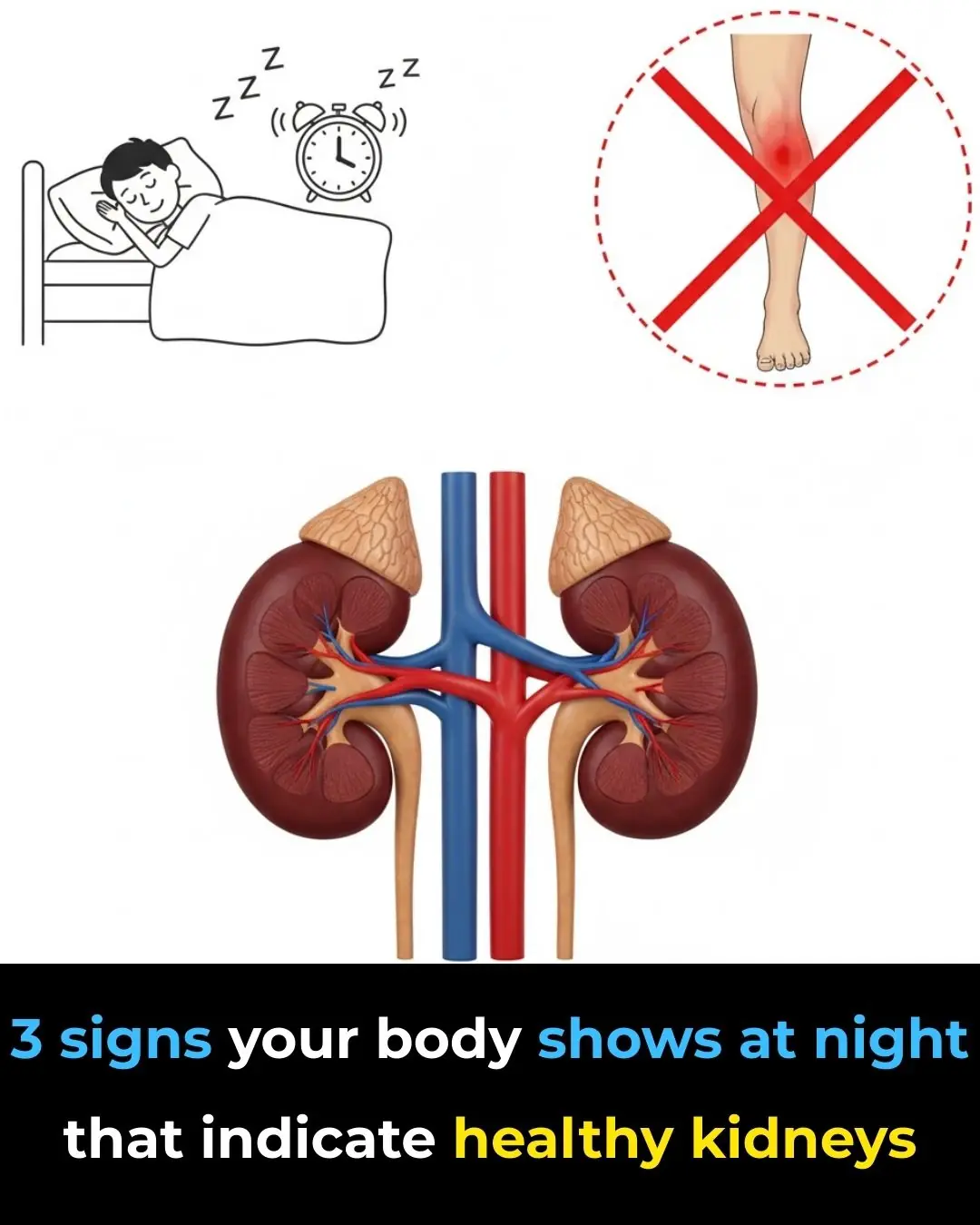
🌙 If You Notice These 3 Signs at Night, Your Kidneys Are Likely in Great Shape
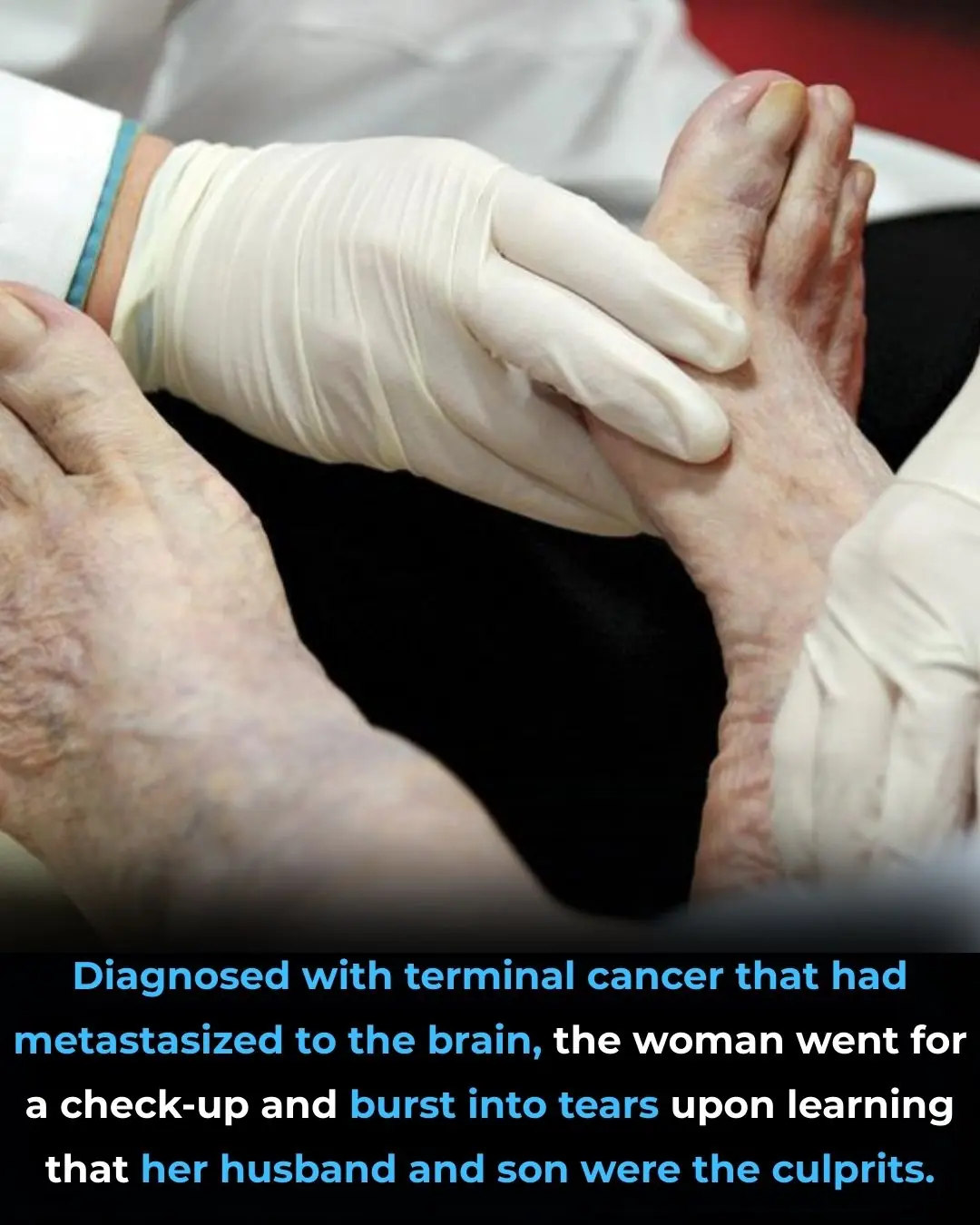
Diagnosed with terminal cancer that had metastasized to the brain, the woman went for a check-up and burst into tears upon learning that her husband and son were the culprits
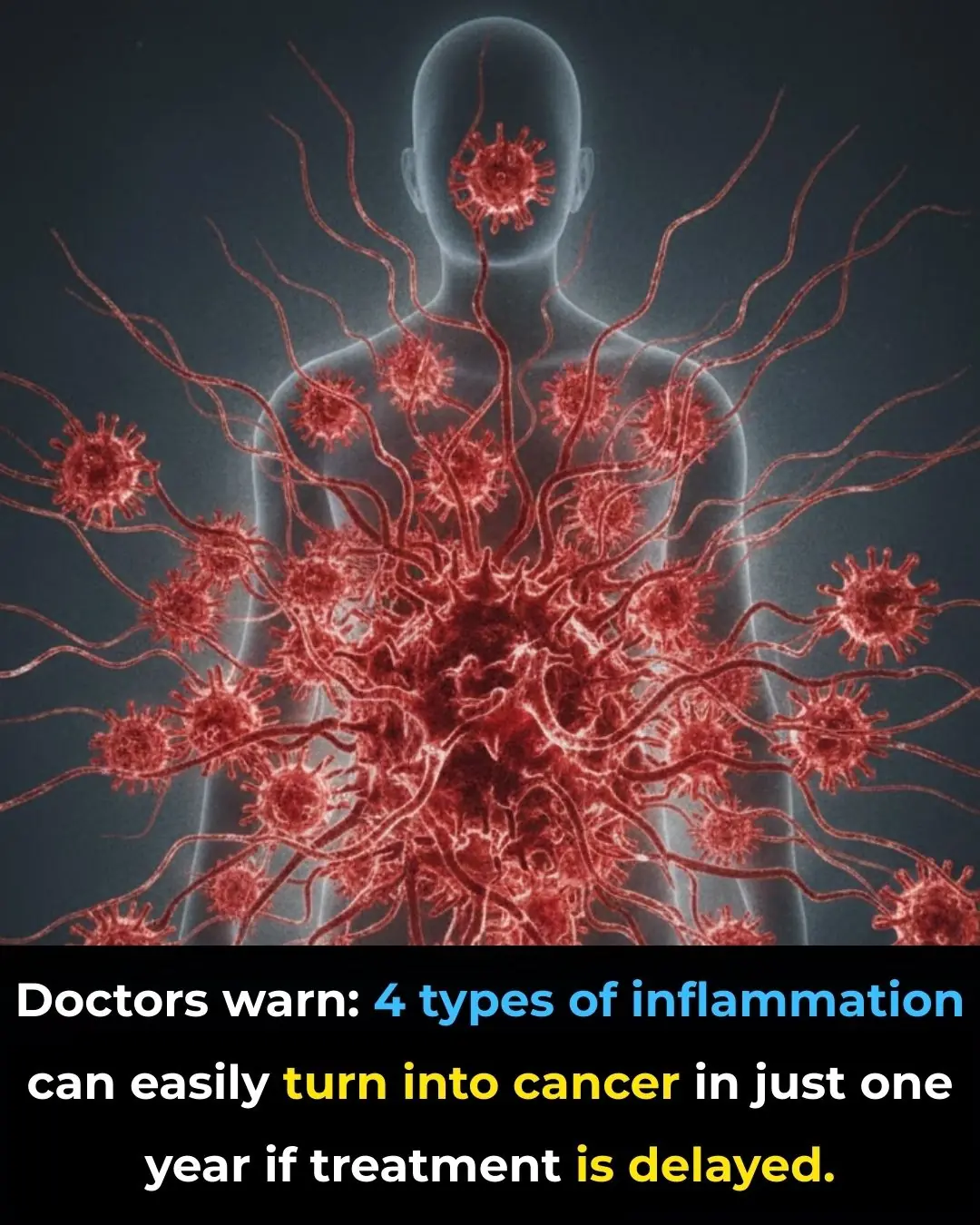
Doctors warn: 4 types of inflammation can easily turn into cancer in just one year if treatment is delayed

Triple Therapy Linked to Lower Lung Clearance Index in Children With Cystic Fibrosis

Drink Water First: Hydration on Waking May Sharpen the Brain More Than Your Morning Coffee
News Post

What It Really Means When Your Partner Starts Kissing You With Their Tongue More Often

Easy Tips to Keep Your Bathroom Smelling Fresh All Day

Why Neck Skin Sags as We Age

Doctors Reveal: Eating Cabbage Can Trigger Hidden Health Problems If You’re Not Careful

The Winged Bean Secret: A Simple Vegetable With Big Benefits for Eyes, Immunity, and Heart Health

Why Do I Get Skin Tags on My Neck or Armpits—and How Can I Get Rid of Them? Experts Explain

Doctors Reveal What Eating Broccoli Really Causes in the Body

What Weak or Brittle Nails May Be Telling You About Your Health

Nail Clues: 5 Health Problems You Shouldn’t Ignore

Why Eggplant Is an Affordable Superfood for Heart Health and Weight Management

Why Bamboo Shoots Are a Fiber-Rich Vegetable Worth Cooking the Right Way

Can Herbal Hair Washes Really Reduce Hair Loss and Promote Hair Growth?

Why You Should Avoid Hanging Clothes in These Places During Winter

New Protein Breakthrough Unmasks Cancer Cells, Boosting the Power of Immunotherapy

Sugary Soft Drinks, Gut Bacteria, and Depression: How What You Drink May Shape Mental Health

Exploring the Traditional Uses and Potential Wellness Benefits of Prickly Lettuce Leaves (Lactuca serriola)

Pumpkin Seeds for Health: Natural Remedies, Recipes, and Benefits

11 Benefits of Dandelion Roots
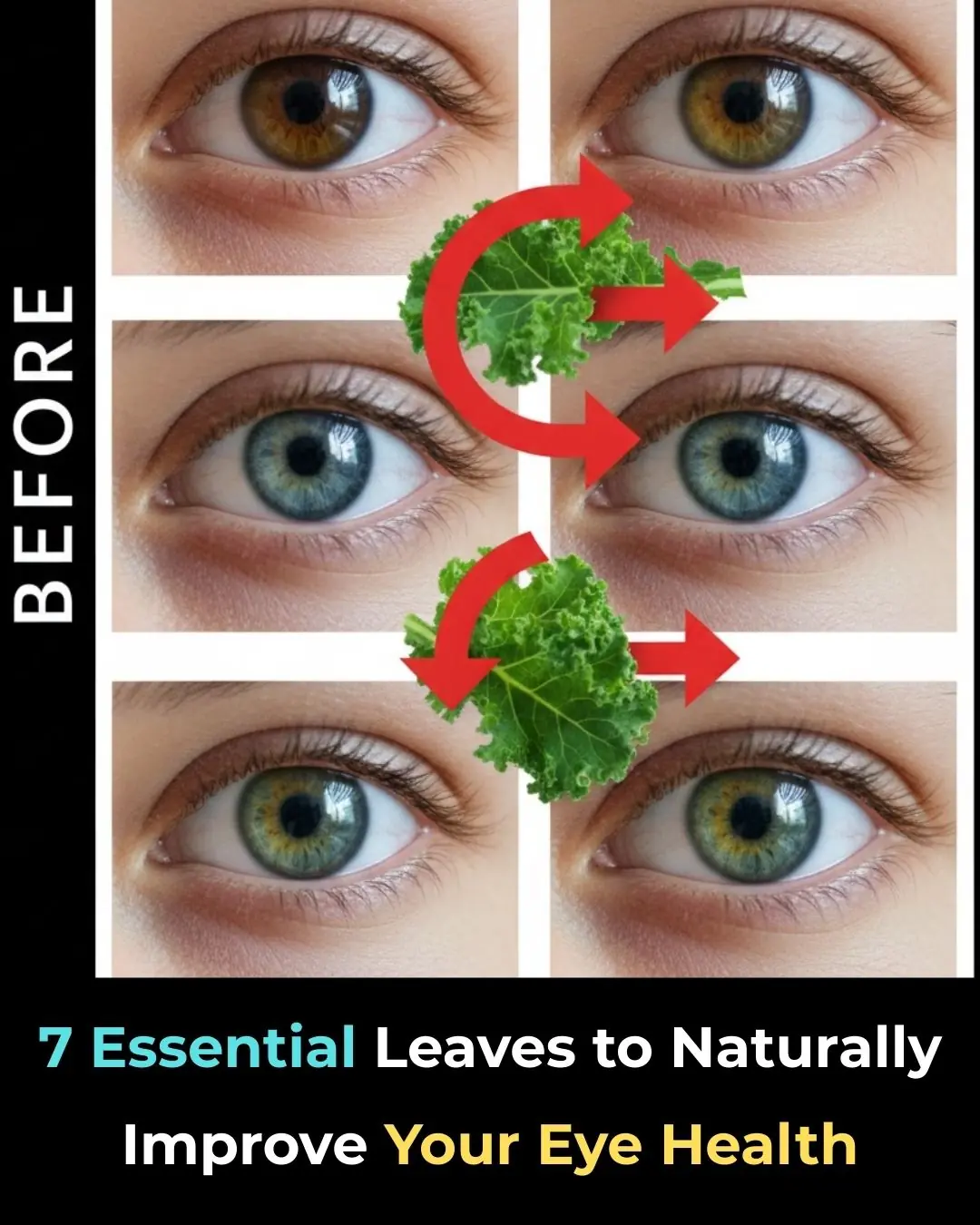
7 Essential Leaves to Naturally Improve Your Eye Health
